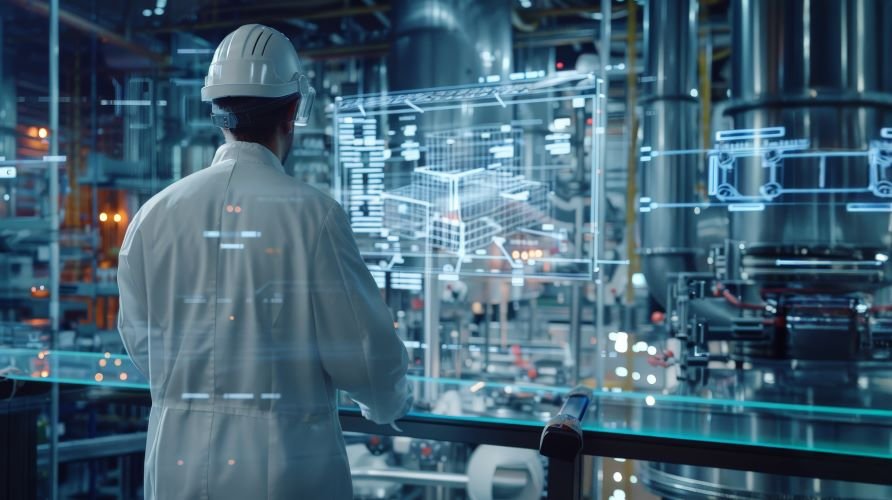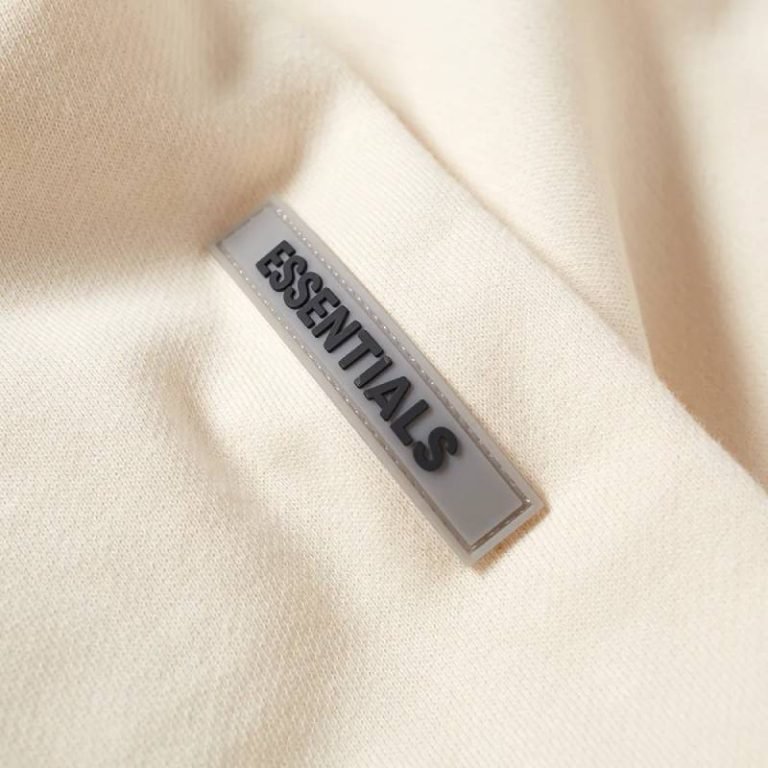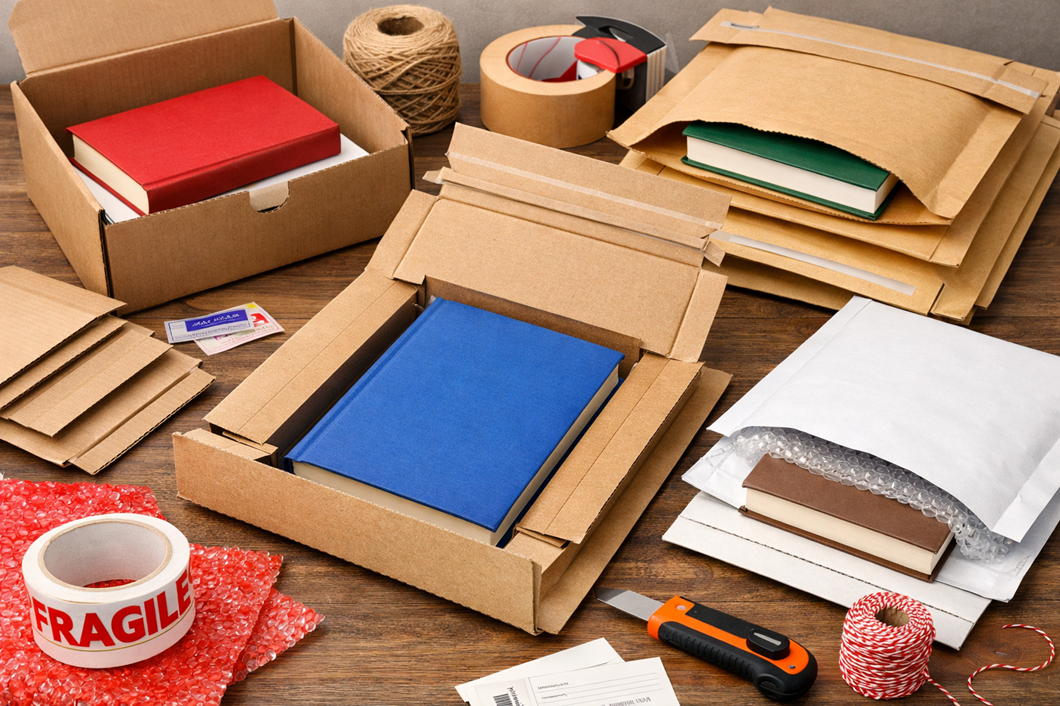Good drainage is often something we take for granted—until something goes wrong. Whether it’s a blocked drain, a failing soakaway, or damaged pipes, poor drainage not only causes inconvenience at home but can have serious environmental consequences. Blocked drains and soakaways lead to water pollution, soil erosion, and even contribute to flooding risks.
In this article, we’ll discuss how poor drainage can negatively affect the environment, as well as highlight eco-friendly maintenance solutions to help homeowners reduce their environmental footprint while ensuring their drainage systems function properly.
How Poor Drainage Affects the Environment
Before diving into solutions, it’s important to understand the extent of the damage that blocked drains and malfunctioning soakaways can cause to our surroundings. Drainage systems are designed to transport and manage wastewater efficiently. However, when these systems are blocked or neglected, the waste has to go somewhere, and that “somewhere” is often where the environment takes the hit.
1. Water Pollution
One of the most direct impacts of poor drainage is water pollution. When drains are blocked by debris, oil, grease, or waste, the untreated water can flow into nearby water sources such as rivers and lakes. This pollution can lead to the contamination of drinking water and disrupt local ecosystems. Blocked drains are a major concern for urban areas like Exmouth, where homeowners should consider services like Blocked Stacks Exmouth to prevent such problems from escalating.
2. Soil Erosion and Waterlogging
When water is unable to flow through proper drainage channels, it often settles in places it shouldn’t, such as your garden, driveway, or even inside your home. Over time, this standing water can lead to soil erosion. As the topsoil washes away, the soil becomes less fertile, which can negatively affect local plant life. Waterlogged areas also increase the risk of localised flooding, especially during heavy rainfall.
Soakaways, which are designed to drain excess rainwater into the ground, can become overwhelmed or clogged. A failing soakaway can create water pooling around your property, contributing to soil erosion and making your garden uninhabitable for plants. To maintain their function, Soakaways Exmouth should be inspected and cleaned regularly.
3. Flooding Risks
Blocked drains can dramatically increase the risk of flooding, especially in urban areas where drainage systems already operate at high capacity. When a drainage system is unable to cope with excess water—whether due to blockages, damaged pipes, or overwhelmed soakaways—floodwaters can cause significant damage to homes and local environments. Flooding not only damages property but also carries pollutants and contaminants into natural water sources, exacerbating the issue of water pollution.
4. Tree Root Ingress and Damage to Natural Ecosystems
Nature often plays a role in drainage issues as well. Tree roots can invade underground pipes in search of water, causing blockages and structural damage to your drainage system. This, in turn, can disrupt the natural ecosystems around your home. Tree roots are particularly drawn to drains during dry spells when moisture is scarce. If left untreated, root ingress can create more significant problems over time. Services like Tree Root Ingress Exmouth can remove the roots and restore your drainage pipes.
Eco-Friendly Maintenance Solutions for Homeowners
While poor drainage can have harmful environmental effects, the good news is that there are eco-friendly solutions to prevent these issues. Proactive maintenance not only protects your home but also helps to protect the environment by ensuring your drainage system runs smoothly and efficiently.
1. Drain Milling for Blockages
If your drainage system is already experiencing blockages, a service like Drain Milling Exmouth can help. This eco-friendly method uses a high-speed rotating head to mill away stubborn debris and clear blockages without causing damage to your pipes. It’s a sustainable alternative to harsh chemical drain cleaners, which can further harm the environment by releasing toxins into the water system.
2. High-Pressure Water Jetting
Another eco-friendly solution is High-Pressure Water Jetting Exmouth. Using nothing more than high-pressure water, this method effectively clears blockages, removes debris, and restores your drainage system to full capacity. Since it doesn’t require chemicals or harmful cleaning agents, it’s an environmentally safe way to maintain the health of your drains.
3. Regular Inspection and Maintenance
One of the most effective ways to avoid environmental damage from poor drainage is by scheduling regular inspections. Having a professional check your drains ensures they are free from blockages, cracks, and other potential issues that can cause harm to both your home and the environment. Homeowners should also check for signs of tree root invasion, waterlogging, or soil erosion near their soakaways. By keeping a close eye on your system, you can address minor issues before they turn into major problems.
If you live in an older property, it’s also essential to inspect your Pitch Fibre Drains Exmouth. These drains can degrade over time and are more susceptible to blockages and collapse, contributing to environmental pollution if left unchecked.
4. Composting Waste Materials
If you’re tackling drain blockages caused by leaves, garden waste, or other organic materials, consider composting instead of flushing them into the drainage system. By diverting this organic waste to a compost bin, you can reduce the burden on your drains and create nutrient-rich compost for your garden, minimizing the risk of blockages and promoting sustainability.
5. Eco-Friendly Cleaning Products
Many of the cleaning products used in homes contain harsh chemicals that not only damage the environment but also contribute to drain blockages. Opting for eco-friendly cleaning solutions can help protect both your drainage system and the planet. Natural alternatives such as vinegar, baking soda, or enzyme-based cleaners can be just as effective at keeping your drains clear without harming local waterways.
The Importance of Sustainable Drainage Systems
Beyond regular maintenance and eco-friendly practices, homeowners can also consider upgrading to more sustainable drainage systems, such as green roofs or permeable paving, which help reduce the strain on your traditional drainage system.
1. Green Roofs
A green roof is an eco-friendly way to manage excess rainwater. By covering your roof with vegetation, you can absorb a large amount of rainfall, which reduces the pressure on your drainage system. Green roofs also improve air quality and provide insulation, making them a sustainable option for environmentally conscious homeowners.
2. Permeable Paving
Traditional concrete and asphalt surfaces do not allow water to pass through, which can increase the risk of flooding during heavy rains. Permeable paving, on the other hand, allows water to seep into the ground, reducing runoff and the strain on your drainage system. It’s an excellent way to prevent waterlogging and soil erosion while also improving the overall health of your landscape.
The Role of Professional Drainage Services
Working with a professional drainage service is key to keeping your system functioning efficiently while minimizing its environmental impact. At No1 PHD Limited, we offer a full range of plumbing, heating, and drainage services that cater to eco-friendly practices.
1. Emergency Drain Unblocking
If you’re dealing with a sudden blockage, quick action is crucial to prevent further damage to the environment. Our team provides prompt and effective solutions, whether it’s a simple blockage or a more severe issue involving root ingress or damaged pipes.
2. Long-Term Drainage Solutions
In addition to emergency services, we offer long-term solutions like regular drain cleaning, inspection, and repair. Our services not only ensure your drainage system functions properly but also help minimize environmental impact.












Leave a Reply